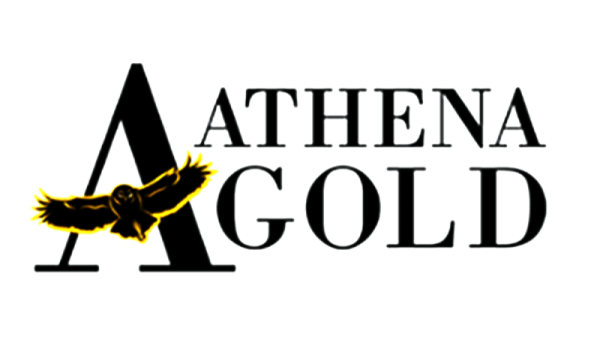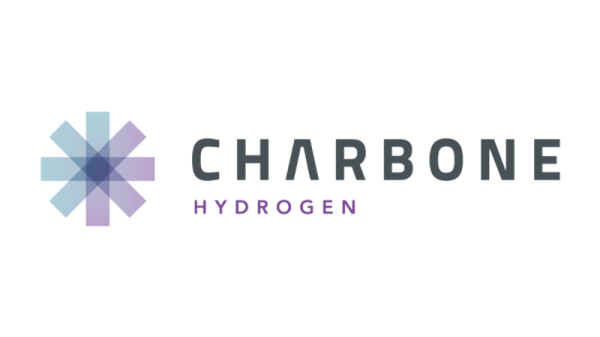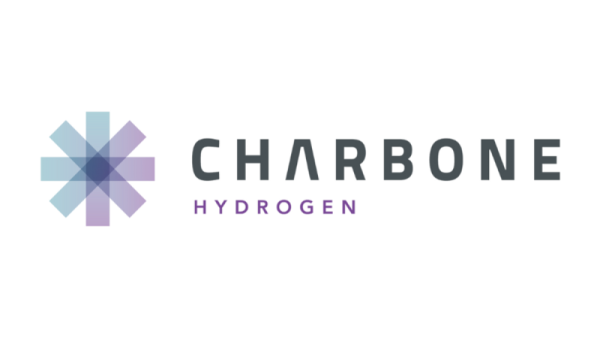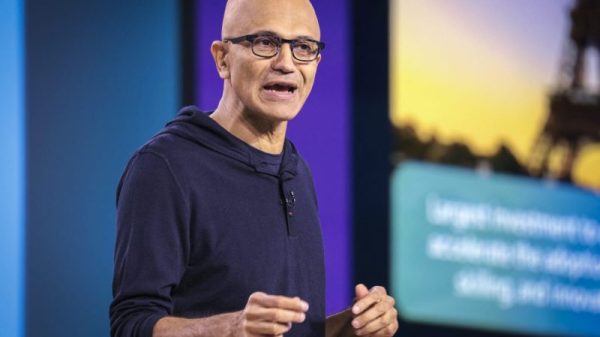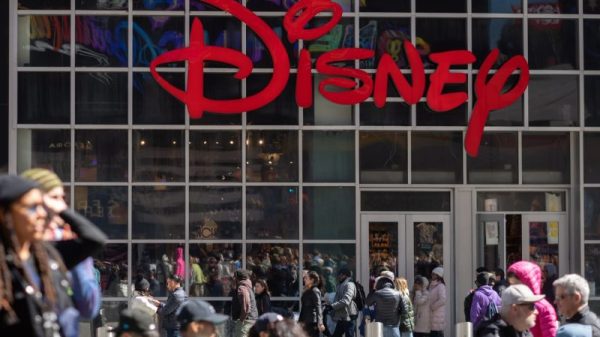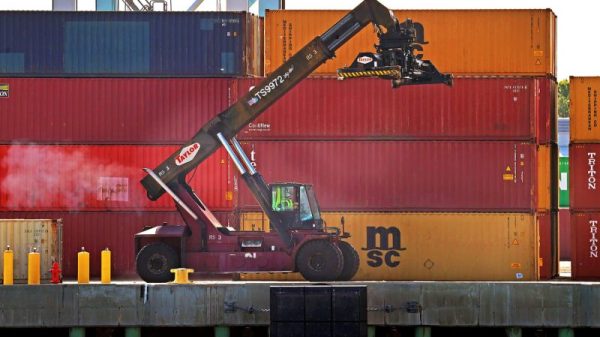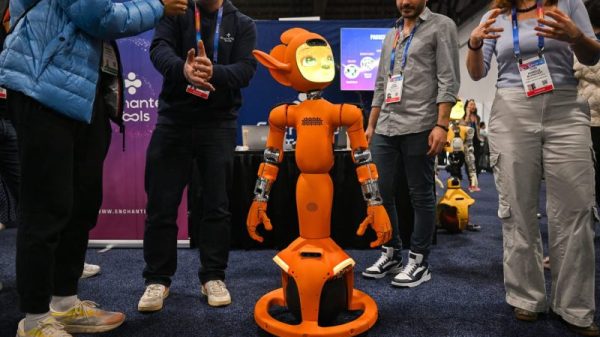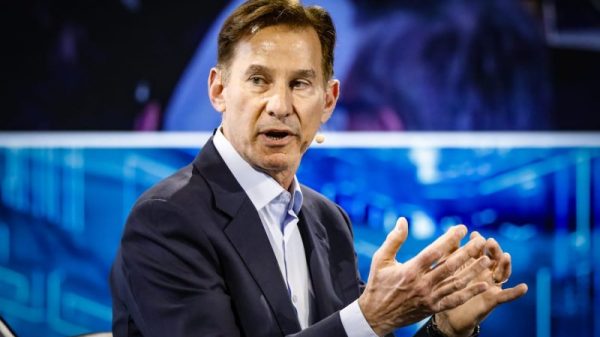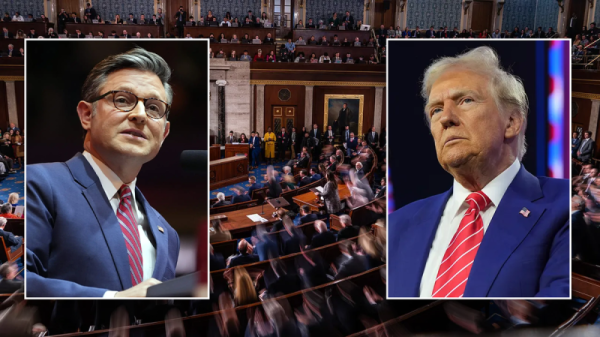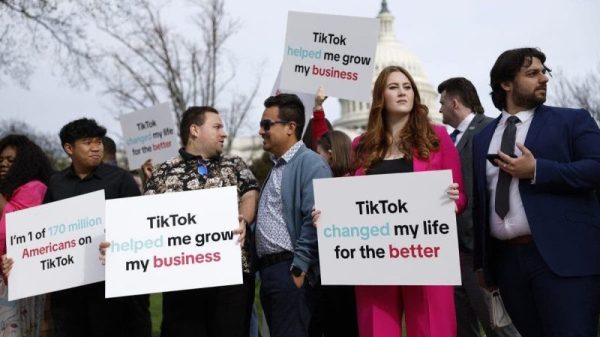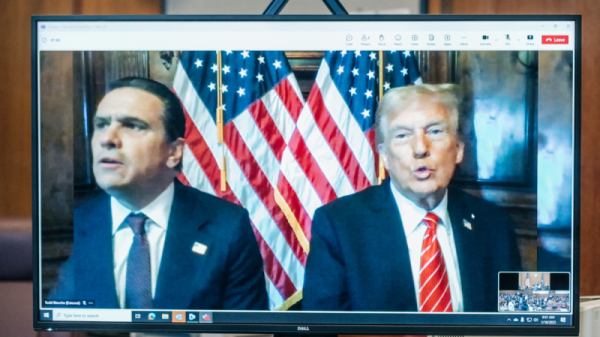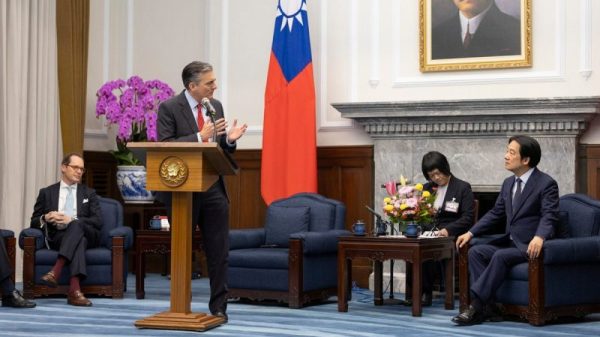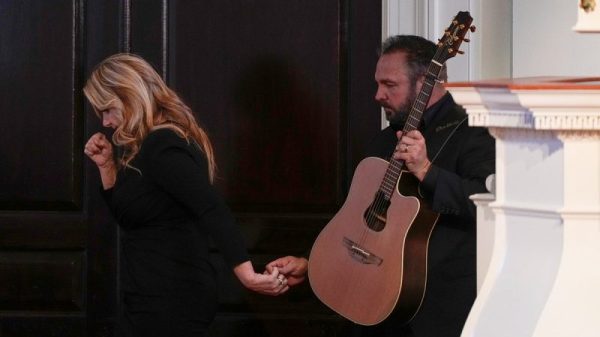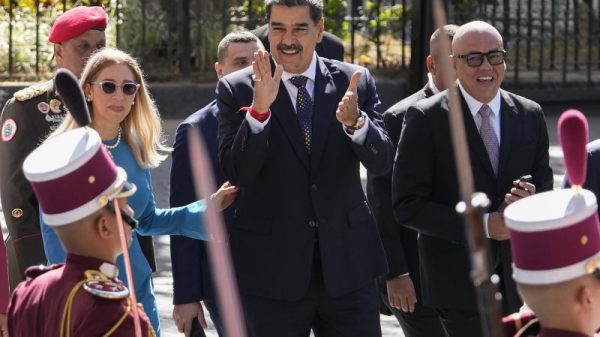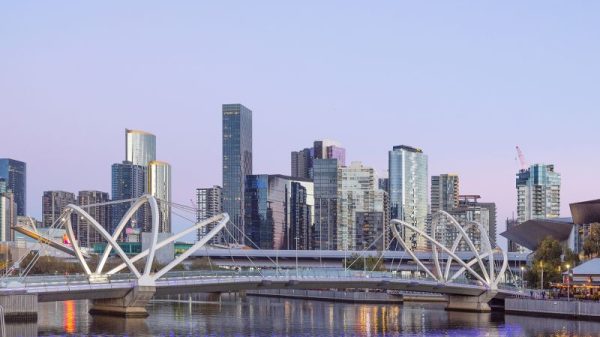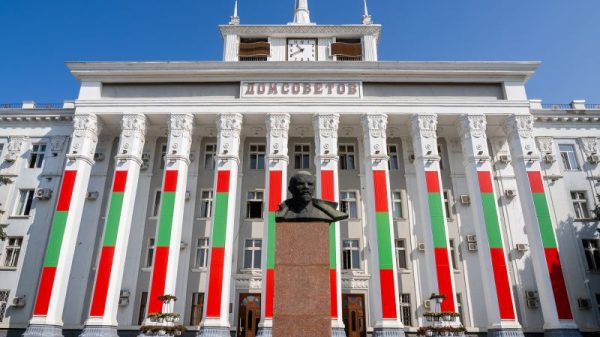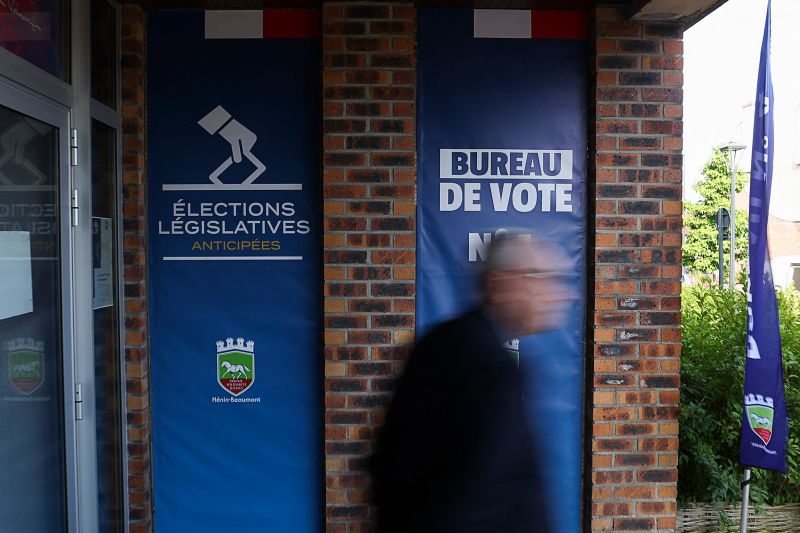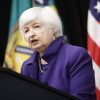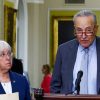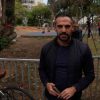Polls have opened for the first round of France’s snap parliamentary election, which could oust President Emmanuel Macron’s centrist alliance and leave him to see out the remaining three years of his term in an awkward partnership with the far right.
Voting began at 8 a.m. local time (2 a.m. ET), as France started the process of electing the 577 members of its National Assembly through locally fought contests across the country and in its overseas territories.
The election is being held three years earlier than it needed to be, and three weeks after Macron’s Renaissance party was trounced by the far-right National Rally (RN), the party of Marine Le Pen, in the European Parliament elections.
Minutes after the humiliating defeat, in an apparent attempt to call voters’ bluff, Macron said he could not ignore the message sent by voters and took the “serious, heavy” decision to call a snap election – France’s first since 1997.
Whatever the outcome, Macron has pledged to remain in post until France’s next presidential election in 2027.
The National Assembly is responsible for passing domestic laws – from pensions and taxation to immigration and education – while the president determines the country’s foreign, Europe and defense policy.
When the president and majority in parliament belong to the same party, things run well. When they don’t, the government can grind to a halt – a prospect that could haunt Paris as it prepares to host the summer Olympics next month.
France most recently had such a government – known as “cohabitation” – when right-wing President Jacques Chirac called snap polls and was forced to appoint a socialist, Lionel Jospin, as prime minister, who stayed in the post for five years.
The first round of votes eliminates weaker candidates ahead of the second round next Sunday. If a candidate wins an absolute majority of votes in the first ballot on a 25% turnout, they win the seat. Typically, only a handful of deputies will be elected this way – but most will go to a second round.
Only those who win more than 12.5% of ballots cast by registered voters are allowed to stand in the second round. Often this is fought between two candidates, but sometimes three or four. Some candidates choose to drop out at this stage to give their allies a better chance of victory.
Most voters will choose one of three blocs: the RN-led far-right alliance; the New Popular Front (NFP), a recently formed left-wing coalition; and Macron’s centrist Ensemble.
The RN bloc is headed by Jordan Bardella, the 28-year-old party leader handpicked by Le Pen, who has striven to polish the image of a party historically ridden with racism and antisemitism that proliferated under the decades-long leadership of her father, Jean-Marie Le Pen.
Until recently, the prospect of a far-right government was unthinkable. In the past, opposition parties have made marriages of convenience in an attempt to block the RN – under its previous name, the National Front – from entering government. Now, within a couple of weeks, Bardella could become France’s prime minister – and Europe’s youngest in more than two centuries.
On the left, a previously fractious cluster of parties have recently banded together to form the New Popular Front – a coalition meant to resurrect the original Popular Front that prevented fascists from gaining power in 1936. The broad alliance comprises more radical figures like Jean-Luc Melenchon, three-time presidential candidate and leader of the France Unbowed party, as well as moderate leaders like Place Publique’s Raphael Glucksmann.
Meanwhile, outgoing French Prime Minister Gabriel Attal – who was only appointed to his post by Macron in January – is representing Macron’s centrist Ensemble alliance. Attal was reportedly among the last of Macron’s inner circle to learn that a snap election was imminent.
Polls will close at 8 p.m. local time (2 p.m. ET) Sunday, with the full results expected early Monday.
CORRECTION: A previous version of this story miscalculated the time polls open in the election. It is 8 a.m. local time (2 a.m. ET) Sunday.


